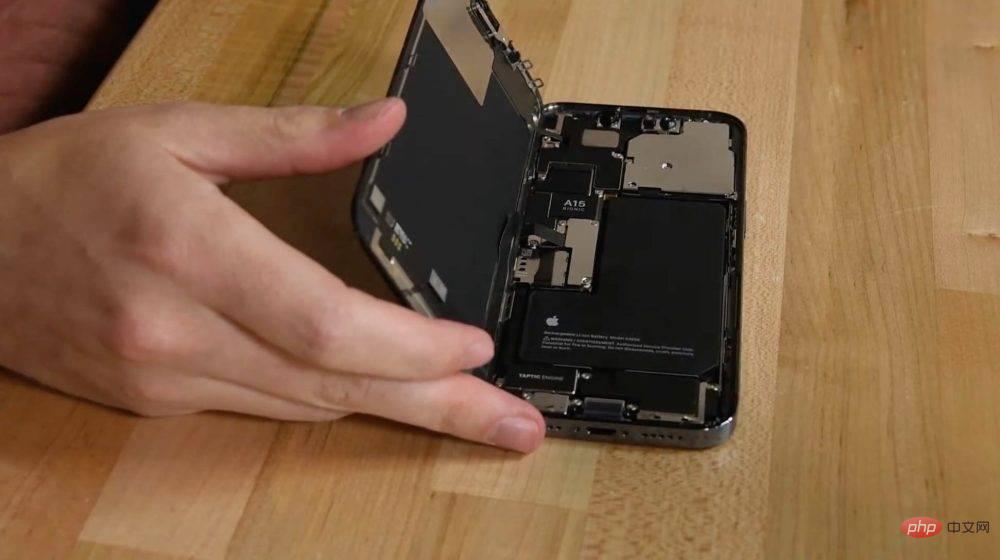Home >Common Problem >iFixit praises Apple's self-repair program but says it falls short of right-to-repair goals
iFixit praises Apple's self-repair program but says it falls short of right-to-repair goals
- 王林forward
- 2023-04-14 08:01:021603browse
After months of waiting, Apple has finally launched a self-service repair program for select iPhone models in the United States. From now on, users can buy iPhone 12, 13, and SE 3 parts directly from Apple, but is it worth it? Here’s what iFixit has to say about the program.
iFixit is known for teaching people how to fix tech products; it's also known for giving new Apple products repair scores and showing us what's going on under the hood. With all this knowledge, iFixit's Elizabeth Chamberlain says the program is great — "Anything that gets more people doing repairs is great news" — but she says there's a catch.
the biggest issue? Apple is doubling down on its parts-matching strategy, supporting only very limited serial number-authorized repairs. You cannot purchase critical parts without a serial number or IMEI. If you use aftermarket parts, a "Unable to Verify" warning will be waiting for you. This tactic can short-circuit the circular economy by discouraging third-party repairs through loss of functionality and scare tactics, and can significantly limit the options for recyclers and refurbishers.
Next year, Apple plans to expand the program to M1 MacBooks and European customers, with other products and markets to follow. The company will also support older iPhone models, but it's unclear when.

Chamberlain praised the program, saying iFixit was pleased to see "Apple making repair manuals available online for free for everyone. (...) The manuals were written with these heavy-duty tools in mind , although it’s hard to imagine that most DIY repairmen would be willing to bear the expense or hassle of purchasing so much equipment.” However, there is a problem, as iFixit claims that the program “does not do what right-to-repair legislation around the world is designed to do.”
While this is an important step for repairs and a change for the mighty Apple, the plan falls short of the goals of right-to-repair legislation around the world. A true right to repair would give independent repair shops a chance to compete in the repair market, lowering the cost of repairs for everyone. Unfortunately, this procedure extends the freedom to make repairs with one hand while locking the door with the other. Integrating serial number checking into their checkout process is a terrible omen and could give Apple the ability to prevent more repairs in the future. Building technology that provides personal repairs makes it easy to set up Apple as a portal to approve or deny any future repairs, using parts from any source.
The above is the detailed content of iFixit praises Apple's self-repair program but says it falls short of right-to-repair goals. For more information, please follow other related articles on the PHP Chinese website!

